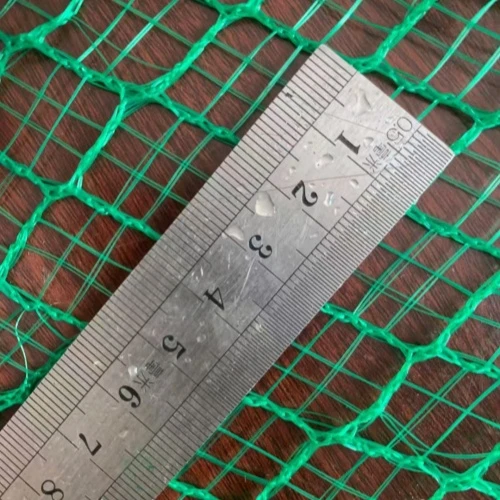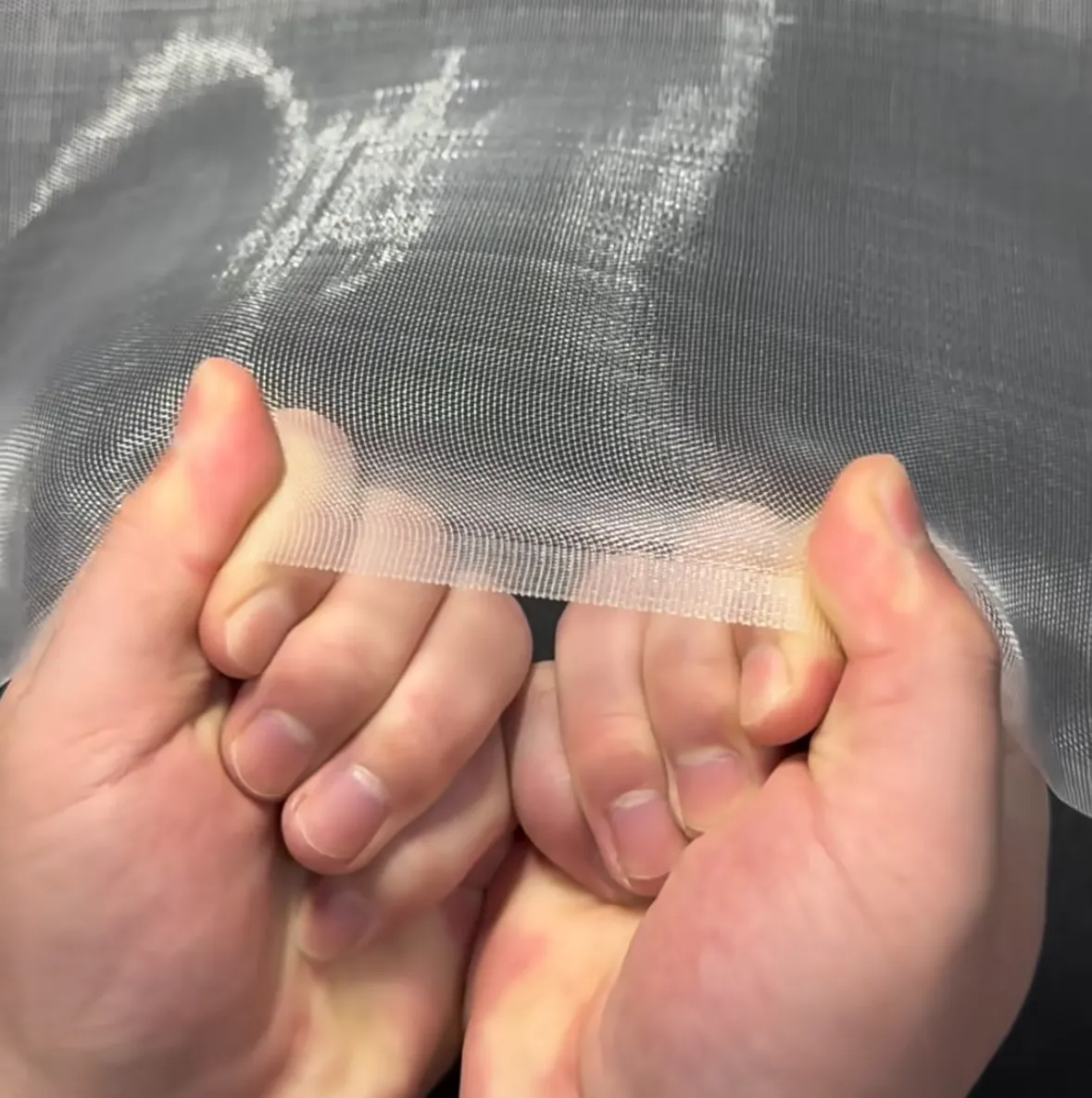-
 Afrikaans
Afrikaans -
 Albanian
Albanian -
 Amharic
Amharic -
 Arabic
Arabic -
 Armenian
Armenian -
 Azerbaijani
Azerbaijani -
 Basque
Basque -
 Belarusian
Belarusian -
 Bengali
Bengali -
 Bosnian
Bosnian -
 Bulgarian
Bulgarian -
 Catalan
Catalan -
 Cebuano
Cebuano -
 China
China -
 Corsican
Corsican -
 Croatian
Croatian -
 Czech
Czech -
 Danish
Danish -
 Dutch
Dutch -
 English
English -
 Esperanto
Esperanto -
 Estonian
Estonian -
 Finnish
Finnish -
 French
French -
 Frisian
Frisian -
 Galician
Galician -
 Georgian
Georgian -
 German
German -
 Greek
Greek -
 Gujarati
Gujarati -
 Haitian Creole
Haitian Creole -
 hausa
hausa -
 hawaiian
hawaiian -
 Hebrew
Hebrew -
 Hindi
Hindi -
 Miao
Miao -
 Hungarian
Hungarian -
 Icelandic
Icelandic -
 igbo
igbo -
 Indonesian
Indonesian -
 irish
irish -
 Italian
Italian -
 Japanese
Japanese -
 Javanese
Javanese -
 Kannada
Kannada -
 kazakh
kazakh -
 Khmer
Khmer -
 Rwandese
Rwandese -
 Korean
Korean -
 Kurdish
Kurdish -
 Kyrgyz
Kyrgyz -
 Lao
Lao -
 Latin
Latin -
 Latvian
Latvian -
 Lithuanian
Lithuanian -
 Luxembourgish
Luxembourgish -
 Macedonian
Macedonian -
 Malgashi
Malgashi -
 Malay
Malay -
 Malayalam
Malayalam -
 Maltese
Maltese -
 Maori
Maori -
 Marathi
Marathi -
 Mongolian
Mongolian -
 Myanmar
Myanmar -
 Nepali
Nepali -
 Norwegian
Norwegian -
 Norwegian
Norwegian -
 Occitan
Occitan -
 Pashto
Pashto -
 Persian
Persian -
 Polish
Polish -
 Portuguese
Portuguese -
 Punjabi
Punjabi -
 Romanian
Romanian -
 Russian
Russian -
 Samoan
Samoan -
 Scottish Gaelic
Scottish Gaelic -
 Serbian
Serbian -
 Sesotho
Sesotho -
 Shona
Shona -
 Sindhi
Sindhi -
 Sinhala
Sinhala -
 Slovak
Slovak -
 Slovenian
Slovenian -
 Somali
Somali -
 Spanish
Spanish -
 Sundanese
Sundanese -
 Swahili
Swahili -
 Swedish
Swedish -
 Tagalog
Tagalog -
 Tajik
Tajik -
 Tamil
Tamil -
 Tatar
Tatar -
 Telugu
Telugu -
 Thai
Thai -
 Turkish
Turkish -
 Turkmen
Turkmen -
 Ukrainian
Ukrainian -
 Urdu
Urdu -
 Uighur
Uighur -
 Uzbek
Uzbek -
 Vietnamese
Vietnamese -
 Welsh
Welsh -
 Bantu
Bantu -
 Yiddish
Yiddish -
 Yoruba
Yoruba -
 Zulu
Zulu
Feb . 20, 2025 02:55
Back to list
mesh manufacturing
In today's rapidly evolving manufacturing landscape, mesh manufacturing is at the forefront of innovation, offering unique solutions that enhance product development and production processes. This transformative technology is not simply a buzzword but a substantive advancement that leverages complex algorithms and state-of-the-art machinery to create intricate meshes used across various industries, including medical devices, aerospace, and consumer electronics.
Mesh manufacturing additionally champions sustainability, a growing concern across industries aiming to reduce their environmental footprint. By optimizing material usage and embracing innovative recycling techniques, companies specializing in mesh production contribute to more sustainable manufacturing practices. Efficient resource management and waste reduction are integral components of the environmental ethos adopted within the mesh manufacturing sector. Furthermore, expertise in mesh manufacturing is evidenced by an in-depth understanding of the material sciences behind the products. Experts in the field possess the unique ability to tailor the manufacturing process to best suit the material being used, whether it be metals, plastics, or composite materials. These experts rely on analytical tools to forecast material behavior, ensuring that each mesh structure meets or exceeds the performance criteria essential for its intended use. In aerospace, for instance, mesh manufacturing significantly reduces aircraft weight, which improves fuel efficiency and decreases emissions. The application of advanced meshes in aircraft design showcases the transformative power of this technology, leading to the development of lighter components without compromising structural integrity. In doing so, mesh manufacturing contributes to the evolution of cleaner and more efficient air travel. Consumer electronics also benefit from mesh technology, particularly in the development of flexible electronic components. The adaptability of mesh materials allows manufacturers to create devices that are both robust and lightweight, enhancing user experience while maintaining product integrity. Mesh structures enable the design of innovative features such as foldable screens and conductive textiles, propelling the next generation of electronic devices. In conclusion, mesh manufacturing represents a pivotal leap forward that provides a multitude of enhancements to traditional manufacturing processes. By incorporating experience, expertise, authoritativeness, and trustworthiness, mesh manufacturing not only revolutionizes product design and quality but also champions sustainability and efficiency across industries. Its versatility ensures that products are crafted to the highest standards, meeting the evolving demands of an ever-expanding marketplace and setting a precedent for future manufacturing innovations.


Mesh manufacturing additionally champions sustainability, a growing concern across industries aiming to reduce their environmental footprint. By optimizing material usage and embracing innovative recycling techniques, companies specializing in mesh production contribute to more sustainable manufacturing practices. Efficient resource management and waste reduction are integral components of the environmental ethos adopted within the mesh manufacturing sector. Furthermore, expertise in mesh manufacturing is evidenced by an in-depth understanding of the material sciences behind the products. Experts in the field possess the unique ability to tailor the manufacturing process to best suit the material being used, whether it be metals, plastics, or composite materials. These experts rely on analytical tools to forecast material behavior, ensuring that each mesh structure meets or exceeds the performance criteria essential for its intended use. In aerospace, for instance, mesh manufacturing significantly reduces aircraft weight, which improves fuel efficiency and decreases emissions. The application of advanced meshes in aircraft design showcases the transformative power of this technology, leading to the development of lighter components without compromising structural integrity. In doing so, mesh manufacturing contributes to the evolution of cleaner and more efficient air travel. Consumer electronics also benefit from mesh technology, particularly in the development of flexible electronic components. The adaptability of mesh materials allows manufacturers to create devices that are both robust and lightweight, enhancing user experience while maintaining product integrity. Mesh structures enable the design of innovative features such as foldable screens and conductive textiles, propelling the next generation of electronic devices. In conclusion, mesh manufacturing represents a pivotal leap forward that provides a multitude of enhancements to traditional manufacturing processes. By incorporating experience, expertise, authoritativeness, and trustworthiness, mesh manufacturing not only revolutionizes product design and quality but also champions sustainability and efficiency across industries. Its versatility ensures that products are crafted to the highest standards, meeting the evolving demands of an ever-expanding marketplace and setting a precedent for future manufacturing innovations.
Next:
Latest news
-
Shipping Plastic Bags for Every NeedNewsJul.24,2025
-
Safety Netting: Your Shield in ConstructionNewsJul.24,2025
-
Plastic Mesh Netting for Everyday UseNewsJul.24,2025
-
Nylon Netting for Every UseNewsJul.24,2025
-
Mesh Breeder Box for Fish TanksNewsJul.24,2025
-
Expanded Steel Mesh Offers Durable VersatilityNewsJul.24,2025











